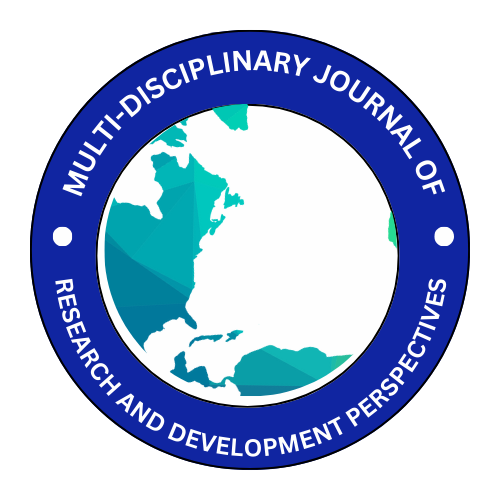The socio-economic and environmental implications of petroleum subsidies removal on Nigerians
Author(s): Akintoye Oluyemi Ayorinde; Asuquo Edung Etim; Ubong Edet Harrison; Onuoha Edwin; Akintoye Taiwo Adesola
Institute(s): 1,2 Department of Environmental Management, University of Calabar; 3 Nigeria Erosion and Watershed Management Project, Uyo Akwa Ibom State; 4 Department of Special Education, University of Calabar
Volume 13 / Issue 1
Abstract
The removal of petroleum subsidies in Nigeria, a neoliberal approach to resources management, remains one of the most controversial economic reforms of the 21st century in the country. While aimed at fostering fiscal discipline and reducing distortions in the energy sector, the policy has ignited a ripple of socio-economic disruptions and unintended environmental consequences. This article explores the intertwined socio-environmental implications of fuel subsidy removal, with a particular focus on Nigerian households. Drawing on empirical studies, policy reports, and international frameworks, the paper critically analyzes how this shift impacts household welfare, environmental sustainability, and social equity. Policy recommendations emphasize the need for targeted mitigation strategies, sustainable energy investments, and a just transition framework. The environmental dimension, often overlooked, demands attention, especially as unsustainable coping mechanisms could reverse gains in forest conservation and public health. This article, thus underscores the need for a balanced policy approach that aligns fiscal responsibility with social justice and environmental sustainability. Without inclusive and responsive policy frameworks, subsidy reforms risk exacerbating inequality, fueling public discontent, and undermining the long-term objectives of energy transition and economic resilience in Nigeria.
Number of Pages: 10
Number of Words: N/A
First Page: 309
Last Page: 318
